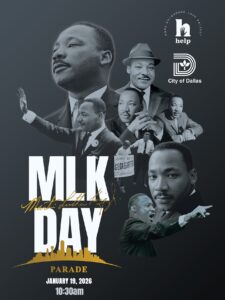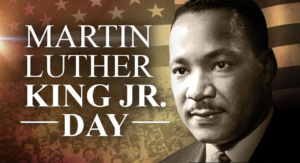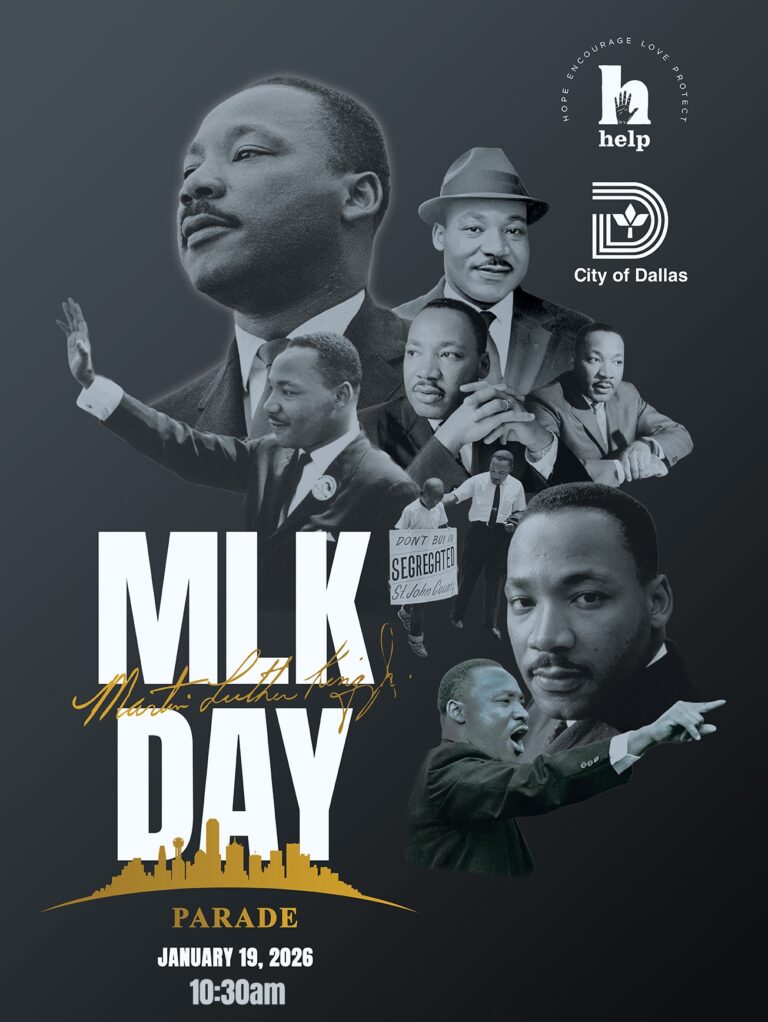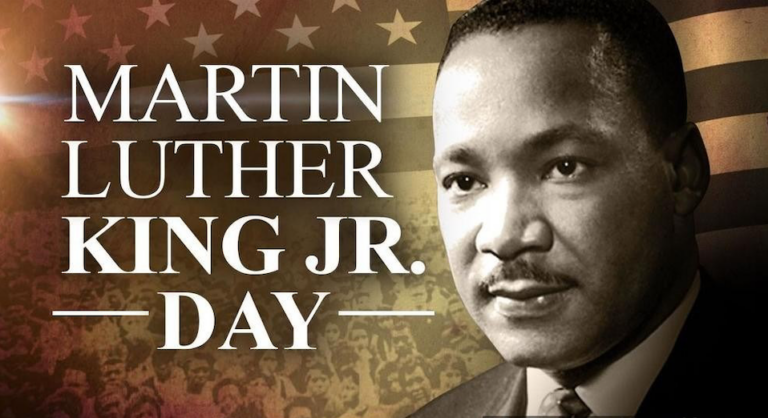Dick Cheney: A Significant Figure in American Politics
Dick Cheney, who served as the 46th vice president of the United States from 2001 to 2009 under President George W. Bush, was a central figure in American politics for decades. His policy decisions and influence on U.S. foreign and domestic policies have sparked discussions and debates that continue to resonate today. The recent news of Dick Cheney’s passing has prompted many to reflect on his life, career, and the circumstances surrounding his cause of death.
A Life Full of Achievements and Controversies
Born on January 30, 1941, in Lincoln, Nebraska, Cheney’s political career began in the 1960s, culminating in significant roles within the Ford and Bush administrations. Prior to his vice presidency, he was the Secretary of Defense from 1989 to 1993, overseeing military operations during the Gulf War.
His tenure as vice president was marked by the September 11 attacks and the subsequent War on Terror, where his decisive leadership style came to the forefront. Cheney often advocated for aggressive military strategies and was a proponent of enhanced interrogation techniques during the Iraq War, decisions that have contributed to his controversial legacy.
The Health Challenges of Dick Cheney
Cheney’s life wasn’t just characterized by political achievements. He faced numerous health challenges that began early in his life, including a series of heart attacks, which led him to receive a heart transplant in 2012. Over the years, Cheney’s health became a matter of public interest, as he openly discussed his condition and the lifestyle changes he made to prolong his life.
His recent death, reported on [Times of India](https://timesofindia.indiatimes.com/life-style/health-fitness/health-news/dick-cheney-passes-away-what-was-his-cause-of-death/articleshow/125088433.cms), has been attributed to complications related to his long-standing heart problems. This tragic end has further fueled conversations about the impact of health on longevity and the importance of wellness in the high-pressure world of politics.
The Impact of Cheney’s Policies
Throughout his career, Cheney played a pivotal role in shaping America’s approach to national security and foreign policy. His support for military intervention in Iraq and Afghanistan has been both criticized and praised, sparking debates about the ethics and effectiveness of such actions.
As an engineer of the controversial Bush Doctrine, which justified preemptive military action, his influence extended beyond military engagements to include significant shifts in how American values and policies interacted on the global stage. His outspoken defense of the use of enhanced interrogation techniques has also raised profound ethical questions that continue to plague discussions around human rights and national security.
Reflections on Leadership Style
Cheney’s leadership style has often been described as decisive and, at times, aggressive. This approach has garnered both loyalty and criticism from those within his party and beyond. Former colleagues and opponents alike have reflected on how his style left a significant mark on U.S. political discourse.
His pragmatic approach to governance, coupled with his ability to navigate complex political landscapes, made him a formidable figure in Washington, D.C. The discussions around his legacy serve as important lessons for current and future leaders regarding the balance between power, responsibility, and ethical governance.
What His Passing Means to American Politics
The death of Dick Cheney marks not only the loss of a historical figure but also an end of an era in American politics characterized by deep ideological divides and significant policy changes. As the nation reflects on his controversial decisions, there is a broader conversation about how political leaders can learn from the past to inform more ethically sound and effective governance moving forward.
His unique position in the political landscape, alongside palpable vulnerabilities, invites scrutiny of the systems and structures that governed his decision-making. In the wake of his passing, discussions about accountability, ethical leadership, and the importance of health in public service will undoubtedly surface as essential themes for both politicians and the American populace.
Conclusion
Dick Cheney’s passing reminds us of the complex interplay between health, leadership, and legacy in American politics. While he will be remembered for both his staunch support of military action and his perseverance through health battles, it is crucial to continue the dialogue around the implications of his policies and the ethical challenges they presented.
His life story serves not only as a reflection of personal achievement but also as a cautionary tale about the responsibilities that come with power. As we move forward, it becomes invaluable to understand the lessons of leaders like Cheney, ensuring that the future of American politics can be informed by past experiences, both good and bad.






